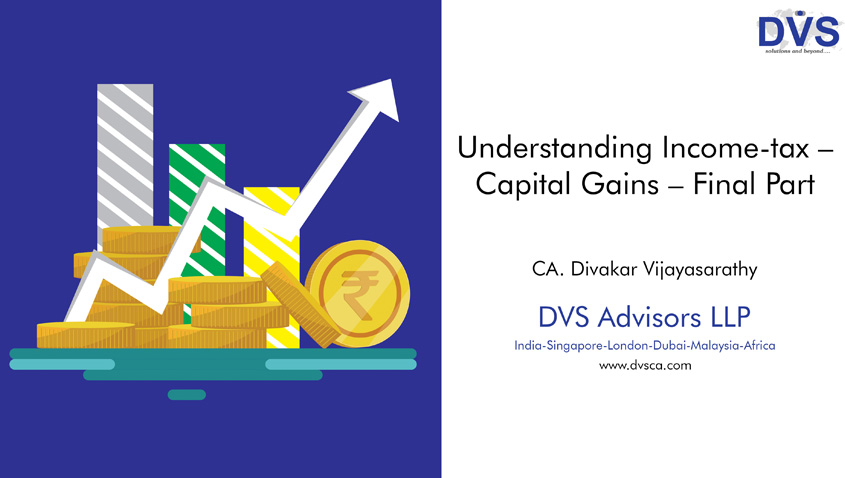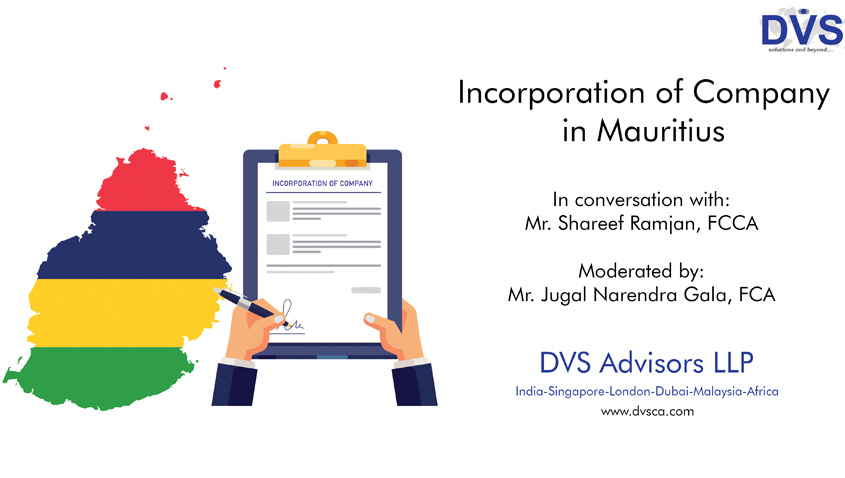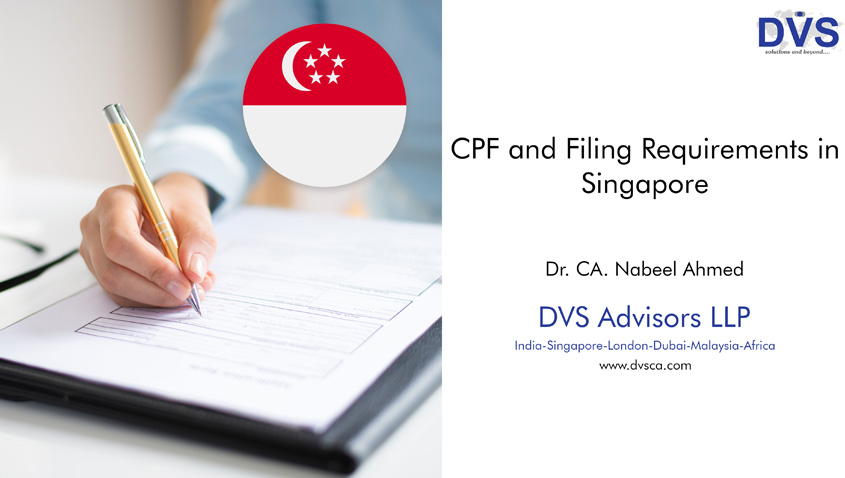Section 47 (xiiib) provides that conversion of private limited or public unlisted company into an LLP shall not be regarded as transfer if the specified conditions are fulfilled.
It is proposed to amend the Section to provide that, in addition to the existing conditions, one more condition which needs to be fulfilled for availing exemption is that the value of the total assets in the books of accounts of the company in any of the 3 previous years preceding the previous year in which the conversion takes place, should not exceed Rs. 5 crores.
By increasing the turnover to Rs 5 crores, the Ministry has now made the scheme practical and applicable to a larger number of companies.
These amendments are proposed to be made effective from the 1st day of April, 2017 and shall accordingly apply in relation to assessment year 2017-18 and subsequent years























